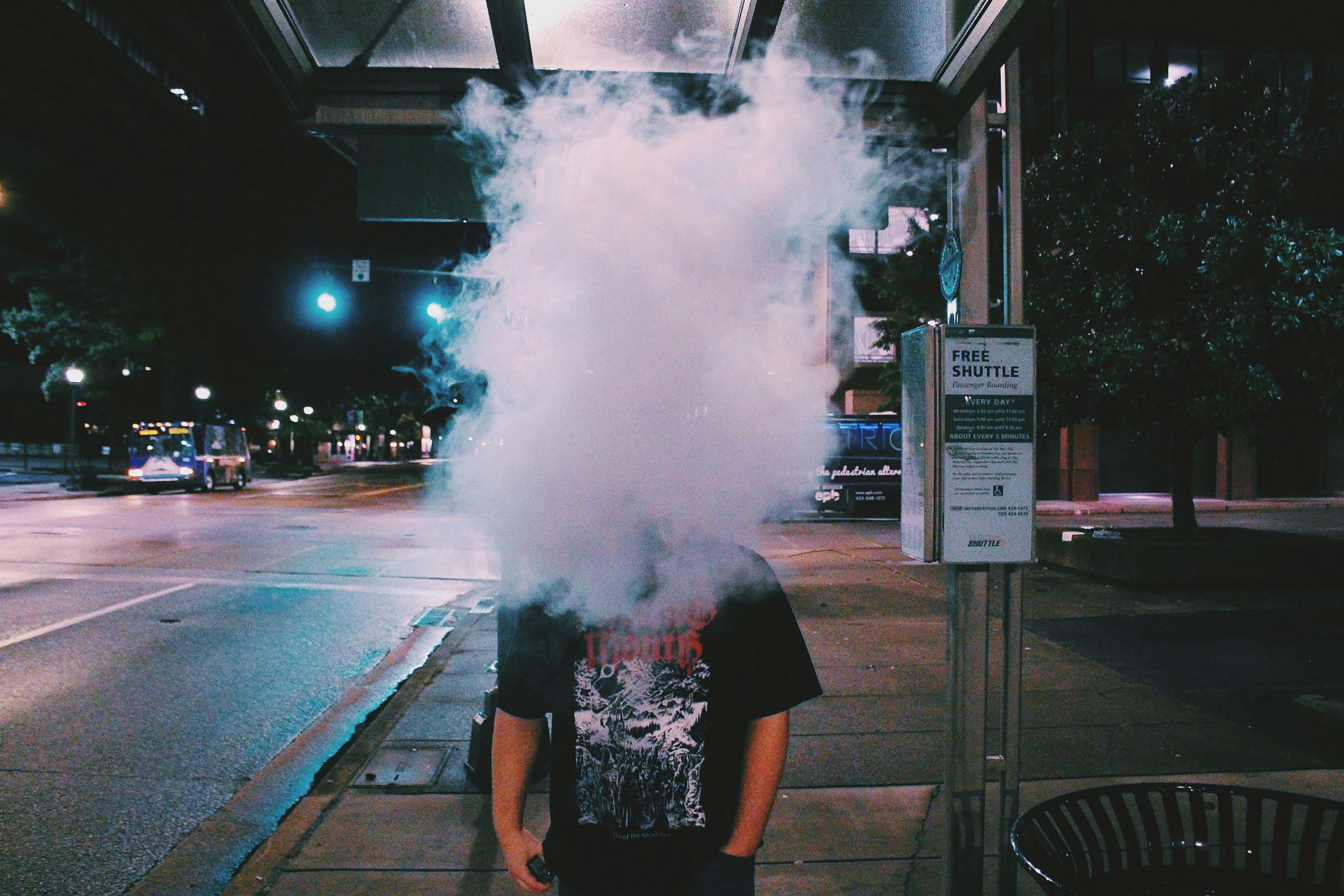The holiday season poses significant challenges for individuals in substance abuse recovery, with relapse rates potentially spiking by 150%. This article highlights the importance of proactive planning, strong support networks, and self-care to navigate holiday stress effectively. By identifying triggers, setting boundaries, and creating new traditions, individuals can maintain sobriety and transform the holiday season into a period of growth and connection.
The holiday season is often depicted as a time of joy, family, and celebration, but for those in recovery from substance abuse, it can be a minefield of stress and potential relapse. Research indicates that relapse rates can spike by a staggering 150 percent during the holidays, making it one of the most challenging times of the year for individuals in recovery. Read on to learn more about effective strategies for managing holiday stress recovery, allowing you to navigate the season with confidence and maintain your hard-earned sobriety.
Understanding the Statistical Reality of Holiday Recovery Challenges
The holiday season can exacerbate the challenges faced by individuals in addiction recovery. According to the Center for Network Therapy, around 60 percent of those who have previously undergone addiction treatment are likely to relapse during the holidays, compared to just 25 percent during other times of the year. This alarming statistic highlights the importance of proactive planning and support during this vulnerable time.
Additionally, the National Highway Traffic Safety Administration reports a significant increase in drunk driving fatalities during the holiday season, with daily fatalities rising by the year. These statistics highlight the significance of recognizing the distinct challenges that the holiday season poses and the necessity for effective coping mechanisms.
Identifying and Understanding Holiday Triggers in Addiction Recovery
Holiday stress can manifest in various forms, including toxic family relationships, financial pressures, and social expectations. Identifying these triggers is crucial for developing effective coping strategies. Here are some common triggers to be aware of:
Family Dynamics
Family gatherings can often resurface unresolved conflicts and emotional strain, especially for those whose addiction may have damaged relationships. If you find family gatherings overwhelming, it’s essential to establish boundaries and communicate your recovery needs clearly.
Financial Stress
The pressure to buy gifts and host celebrations can create anxiety for those already managing financial difficulties. Research shows that financial stress can lead individuals back to substance use as a means of escape.
Social Pressure
The expectation to drink or use substances at holiday parties can be intense. Navigating these social situations requires preparation and assertiveness in communicating your sobriety.
Loneliness and Isolation
Despite the festive atmosphere, many individuals in recovery experience heightened feelings of loneliness during the holidays. This isolation can trigger cravings, making it vital to stay connected with supportive individuals.
Nostalgia
The holiday season often evokes memories of past celebrations that may have involved substance use, creating emotional triggers that can lead to cravings.
Understanding these triggers is the first step in developing a robust relapse prevention plan for the holidays.
Evidence-Based Strategies for Managing Holiday Stress in Recovery
Successfully navigating the holiday season in recovery requires a multifaceted approach. Here are evidence-based strategies to help you manage holiday stress recovery effectively:
Create a Detailed Relapse Prevention Plan
Your relapse prevention plan should include:
- Identifying triggers: Write down specific challenges you anticipate, such as family gatherings or financial stress.
- Developing coping strategies: For each trigger, outline specific responses. For instance, if you anticipate feeling overwhelmed, plan to take a short walk or practice deep breathing exercises.
Maintain Strong Support Networks
Research consistently shows that individuals with robust support systems fare better during high-risk periods. Reach out to friends, family, and support groups like Alcoholics Anonymous or Narcotics Anonymous. Schedule regular check-ins, and don’t hesitate to lean on your support network when you feel vulnerable.
Prioritize Self-Care
Self-care is crucial for managing holiday stress in recovery. Here are some self-care tips to consider:
- Nutrition: Maintain balanced eating habits, as proper nutrition can stabilize your mood and reduce cravings.
- Exercise: Engage in regular physical activity to relieve stress and boost your mood.
- Mindfulness practices: Incorporate meditation, deep breathing, or yoga into your routine to help ground yourself during stressful moments.
Set Realistic Expectations and Boundaries
Recognize that holiday celebrations don’t need to be perfect. Communicate your recovery needs with family and friends, and set boundaries around topics of conversation or activities that may trigger cravings. For example, let family members know that you won’t be drinking alcohol at gatherings.
Plan for Specific Situations
Preparation is key to navigating holiday parties in sobriety. Consider the following:
- Research events: Know what to expect at holiday gatherings and identify potential triggers.
- Bring your own drinks: Having non-alcoholic beverages on hand can help you feel more comfortable in social settings.
- Exit strategies: Have a plan for leaving gatherings if you start feeling overwhelmed
Building Effective Support Systems and Boundary Management
Creating a strong support system specifically tailored to the holiday season can make a significant difference. Here are some strategies to build and maintain these connections:
- Attend support group meetings: Many recovery communities increase meeting availability during the holidays. Make it a priority to attend these meetings, as they provide valuable peer support and shared experiences.
- Utilize technology: Take advantage of mobile applications and online support groups that offer 24/7 access to recovery resources. Apps like Nomo can help you stay connected and accountable during challenging times.
- Establish accountability partnerships: Identify a recovery buddy who understands the unique challenges of the holiday season. Schedule regular check-ins and support each other through difficult moments.
- Communicate boundaries clearly: When interacting with family members, prepare specific responses for common challenges, such as offers of alcohol or intrusive questions about your recovery. For example, you might say, “I appreciate your concern, but I’m focusing on my sobriety this year.”
If you or someone you know is struggling with substance abuse or addiction, Mountainside can help. We offer comprehensive and individualized programs that cater to everyone’s unique needs. Talk to an admissions specialist today to find out more.
If you or a loved one is struggling with addiction, Mountainside can help.
Click here or call (888) 833-4676 to speak with one of our addiction treatment experts.

 By
By 






